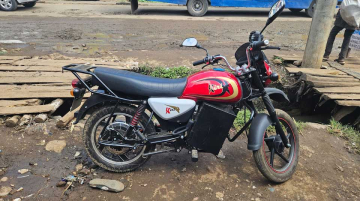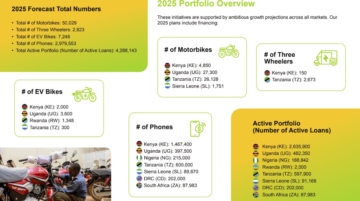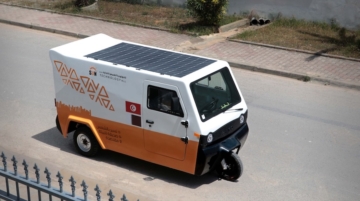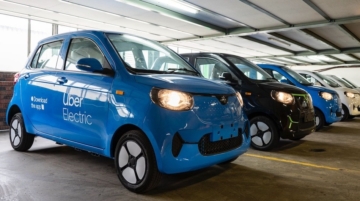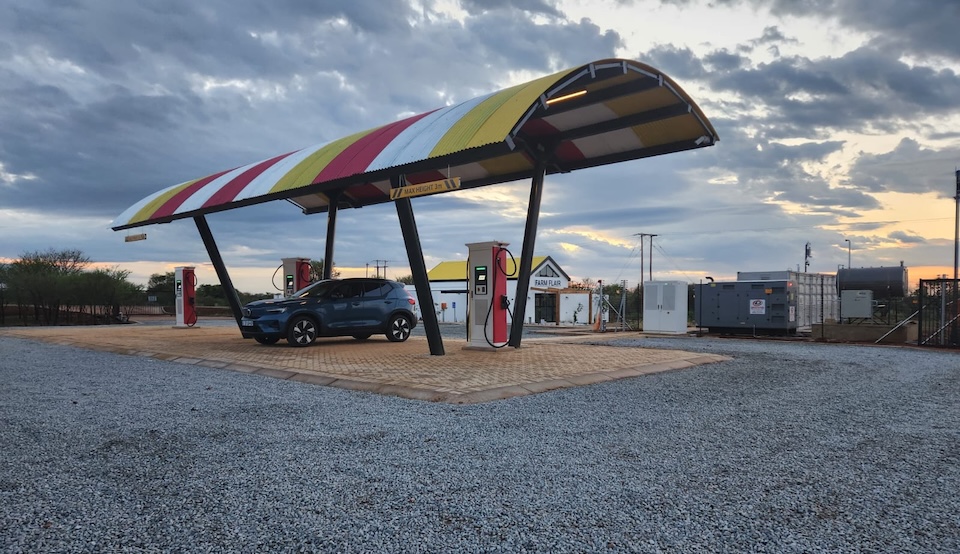
Chinese EVs’ entry into South Africa is challenging the status quo with brands like Haval, Cherry, Omoda, and Jaecoo becoming a common sight in Gauteng, South Africa’s wealthiest province that includes Johannesburg.
But, a survey by AutoTrader, an online vehicle marketplace, highlights that while 58% of prospective car buyers would consider buying an EV in the future, almost three-quarters of those surveyed say they are open to purchasing a hybrid vehicle.
Energy analyst Nick Hedley says that just like in other countries, many South Africans have ‘range anxiety.’ They worry that if they buy an EV, there aren’t yet enough charging stations around and they may become stranded.
Chinese EV Sales on the Rise in South Africa
Hybrid vehicles combine internal combustion engines (ICE) with battery power which lowers fuel consumption making them popular among buyers. The understanding, according to Hedley, is that if one system fails, drivers won’t be stranded.
However, EV enthusiasts predict that Chinese brands will dominate South Africa’s EV market by offering better “features, versatility, and space.”
Mikel Mabasa, CEO of the National Association of Automobile Manufacturers of South Africa, supports this view.
“Many consumers have become more interested in value than in the vehicle brand. The rise of some Chinese brands over the past three years in the new vehicle market rankings speak for itself,” he said, noting that Chinese brands address the affordability challenge by providing valuable vehicles often packed with features and extended warranties that are optional in more expensive cars.
He added that even though hybrids are slowly driving growth, rising living costs are another aspect helping the Chinese EV penetration.
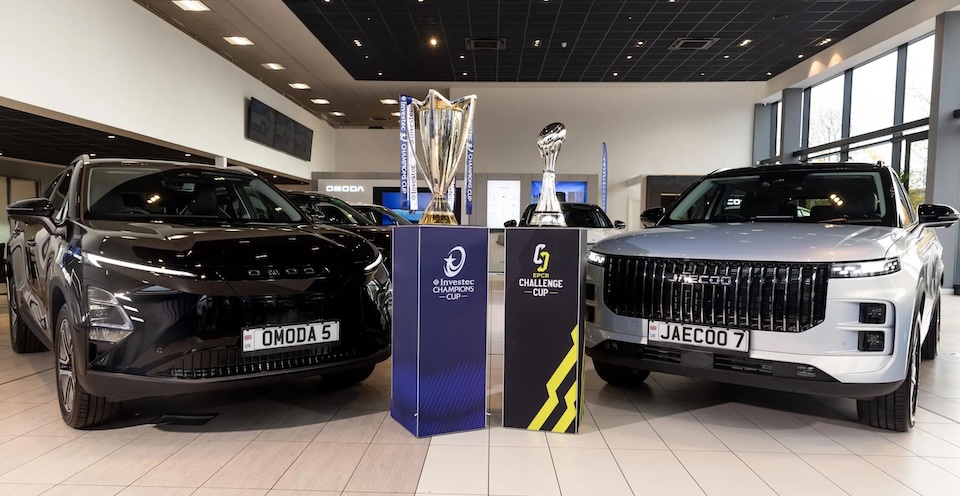
Cherry, Haval Break Into South Africa’s Top 10 Affordable Cars
Currently, 27 Chinese car models, including EV and ICE vehicles, are available to South African car buyers but legacy brands such as Volkswagen, Toyota and Suzuki sold the most cars as of last year. At the same time, Cherry and Haval joined the top 10 list of this market segment.
Chinese EVs are coming to South Africa when there is significant consumer interest in NEVs. For instance, BYD, the world’s largest EV producer, debuted the compact crossover SUV Atto 3 in 2023 in South Africa and the following year launched the four-door hatchback Dolphin that retails at $28,718.
The newest entrant in the market is the Dayun Yuehu S5, produced by the northern Chinese auto major Dayun Auto. This compact SUV can drive for 330km on full charge. Sold by Enviro Automaters, a Pretoria-based distributor, the $21,248 price tag makes it the country’s most affordable EV.
Barriers to Chinese EV Adoption in South Africa
Despite the promising prospects, several barriers hinder EV adoption.
Hedley says that until recently, there were some concerns that charging stations wouldn’t always work because of the country’s rolling blackouts. Also, while the loadshedding has ended, at least for the time being, South Africa’s taxes lead to imported EVs costing more than ICE cars.
The 25% import duty compared to 18% for vehicles inflates EV prices limiting affordability, according to Joubert Roux, CEO of Charge, an EV charging company.
Additionally, limited charging infrastructure and the lack of consumer-focused incentives, such as subsidies or tax breaks, further hinder adoption.
Nationwide power cuts have haunted citizens for years by disrupting daily life. To make matters worse, Eskom, the country’s power utility, has proposed steep electricity tariff hikes from this year until 2027. This will undoubtedly increase spending pressure on consumers and potential EV buyers.

Car Loans and Charging Stations for Chinese EVs in South Africa
Despite the challenges, Roux notes that as more affordable EV options enter the market, electric vehicles will shift from a niche to the mainstream choice, which is now being backed with car loans.
The latest Standard Bank vehicle finance data indicates that car loans for Chinese brands rose marginally in 2024 when overall vehicle sales dropped by 9.6%. GWM Haval leads in popularity, followed by Chery and BAIC.
By 2030, Roux projects that there will be over 700,000 EVs on South African roads making up about 5% of the country’s car market.
To tap into this growth Charge is constructing 120 off-grid solar-powered EV charging stations at 150-kilometer intervals along major routes across the country.
The first station is on the busy highway connecting Cape Town to Zimbabwe. As the charging infrastructure grows and since Chinese EV exports are disrupting vehicle markets worldwide, for now, we just watch how this plays out in South Africa.



